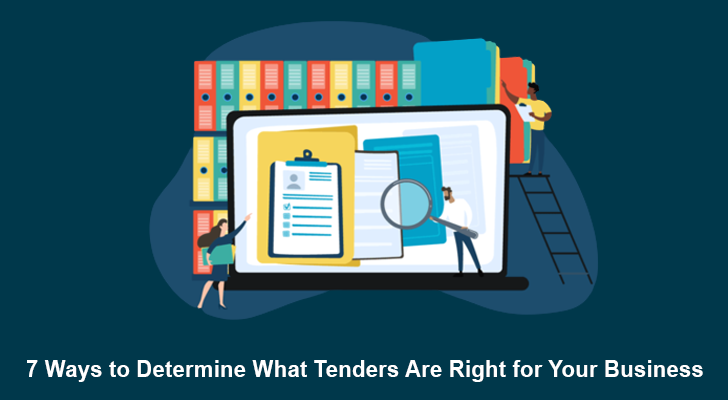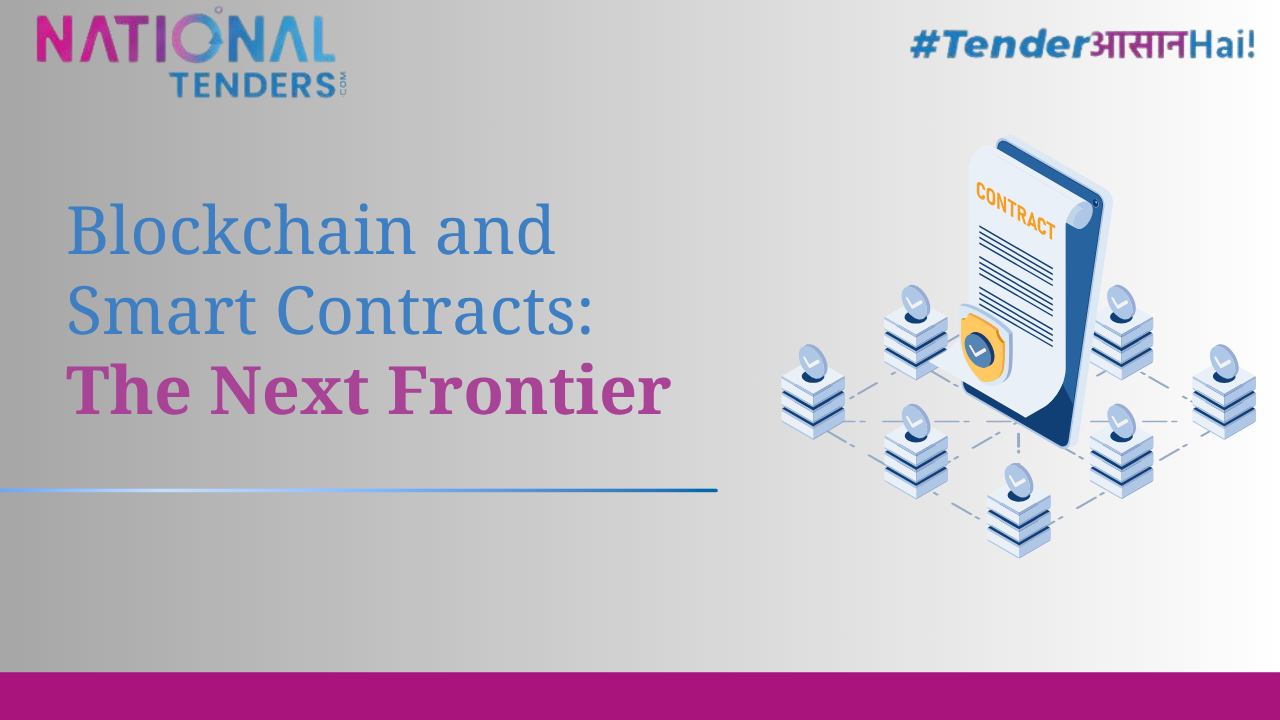- Home
- >
- Blog
OUR BLOG
A collection of stories about our people, our capabilities, our research, and the ever-changing face of our firm.

NationalTenders
7 Ways to Determine What Tenders Are Right for Your Business | 27 May, 2022
7 Ways to Determine What Tenders Are Right for Your Business
Tenders are often misunderstood as a contract or agreement. This is not true. Tenders come in varieties and can be offered for products, labor, or service. Learn about how to get the best deal for your company by understanding what tender types can work for your business.
The only way to know which tenders are right for your business is by knowing what is a deal-breaker for you and letting that be your guiding light throughout. By knowing these deal breakers, you will know exactly what you can work with and what the hard lines are that you will not compromise on no matter what.
Applying for a tender means commitment what you really need to know is that when you apply for a tender, you commit to delivering your services or products for a certain amount of time, which could be a month, a year, or longer duration. You must only apply to tenders where your company has the capability to deliver for this mentioned time frame. Overconfidence in this case could be bad. Know your companys ability to perform and only them apply to a tender.
It is also necessary to bid for tenders that match your goals and where you want to take your company. It is not recommended to apply for tenders that are far away from the future you see for the company and are taking you in a completely different direction.
Below are certain things that need your attention before you dive into a bid.
- 1. Know if a tender is that of a single supplier or a framework contract – A single supplier contract means a single supplier can fulfill the requirements whereas a framework would mean there is a long list of suppliers, but in these cases, your score determines your position on this list and there is no guarantee on the volume of work that will be provided.
- 2. Look at the location of the tender. If you can deliver anywhere then this shouldn’t be a problem but in cases where your area of service is limited. This could be an issue.
- 3. Organizational needs also play an important part in deciding which contract to bid for, if your company was designed to meet only specific organizational needs then you must apply to tenders that are related to your forte only.
- 4. The contract value is one of the most essential boxes to tick while deciding to bid. If the contract has high value and brings along added benefits then you must go for it, but if it does not then it is better to avoid such bids. In certain cases, a contract value may be low but it may bring along other added benefits that may prove beneficial for your company, in that case going for the bid may be the smart thing to do.
- 5. Resources are a major player when considering bids. If your company does not have the right resources then deliverables will be difficult and you may end up overcommitting. Resources mean staff, equipment, internal systems, and everything that you will need to fulfill the terms of the contract and deliver on time. A lot of tenders require details of your internal business procedures and other details for the same reason so that they can be convinced that if you are selected you will be able to uphold the contract.
- 6. The requirement by tenders to prove to them that you are financially stable as a company and to provide them with financial and audit records is something companies must look into before they bid. If they fail to do so, they may find themselves stranded, especially for new start-ups and small business owners, it is better to have a parent company or good funding and records of financial security before they take the plunge into the tendering world. This is the easiest way to manage your tenders from failing.
- 7. The right qualification, additional certificates, proofs of similar work, and its successful completion play an important part. It will always give you an edge over the rest of the bidders.
There are several ways to find out if a tender is suitable for you or not. You could get involved in a tender that may not be meant for you and it could cost you a lot, it is always better to be doubly sure. It is always better to know the legal requirements, preferences, and goals before applying so that you know what you are getting into before you take the plunge.
For any tender-related query, contact us at National Tenders and our experts would be happy to assist you with anything tender-related.
 How E-Tendering is Transforming the Tender System in India
How E-Tendering is Transforming the Tender System in India Building Strong Vendor Partnerships in the Tender Ecosystem
Building Strong Vendor Partnerships in the Tender Ecosystem Unlocking Big Savings Through Smart Tender Strategies
Unlocking Big Savings Through Smart Tender Strategies How Generative AI Is Disrupting Tendering in 2025
How Generative AI Is Disrupting Tendering in 2025 Blockchain and Smart Contracts: The Next Frontier in Public Procurement
Blockchain and Smart Contracts: The Next Frontier in Public Procurement
SUBSCRIBE NOW
Kindly fill up the form